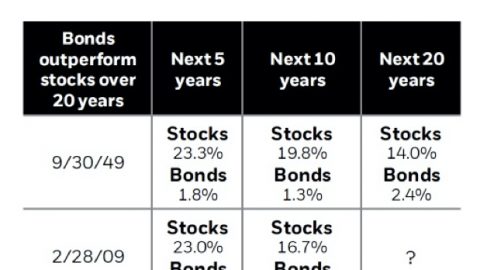Stay Poised & Focus on Process
By: Steven Financial Advisor, Registered Principal
With another presidential election underway, we’re reminded of the strong emotions that politics can evoke. At the beginning of the year, we spoke with clients about the historical trends in presidential election years and their likelihood of positive outcomes. The data shows that, historically, the S&P 500 has been positive 84% of the time during presidential election years, and this year is proving strong as well.
Of course, we also know that presidential election years are often volatile, especially as Election Day approaches. While we haven’t seen much of that volatility so far, there’s a possibility we might experience it before year-end. This is why it’s so important to stay poised, focused on your goals, and committed to an investment process. Politics can stir emotions, but maintaining a steady approach is key.
Now, with just days until the November 5 election, polls indicate a tight race between former President Donald Trump and Vice President Kamala Harris. As both candidates campaign intensely, investors may wonder how either outcome could affect their portfolios. Given the intense political divisions, it’s not surprising that emotions are high this election season. But, it’s crucial for investors to keep politics separate from their long-term financial plans. As citizens, voters, and taxpayers, the election outcome could impact our daily lives. However, when it comes to your portfolio, history suggests that the markets and economy often influence elections more than the other way around. So, let’s keep our votes at the ballot box, not with our savings. How can we keep perspective during these next few weeks?
When it comes down to it, history shows that the economy has grown under both parties, and bull markets have thrived regardless of who’s in the White House. This is because factors like the business cycle, technological advances, falling inflation, and a strong job market usually have a greater impact on the economy and markets than politics alone. Despite the significance of this election, any policy changes are likely to be gradual due to the checks and balances in our political system. Campaign promises often differ from what candidates can actually achieve in office.
When it comes to taxes, neither candidate is proposing a return to the high tax rates of the pre-Reagan era, when top marginal rates reached up to 94%. Trade policies may see shifts, but we’re unlikely to see tariffs reach levels seen during the Great Depression. These facts are important to keep in mind as we plan for the coming years.
The takeaway? While the election matters for many reasons, its long-term impact on the stock market and economy is often overstated. The economy has grown under both Democratic and Republican administrations. This election season, let’s keep perspective.
Securities offered through LPL Financial, Member FINRA/SIPC. Investment advice offered through Higgins & Schmidt Wealth Strategies, a registered investment advisor and separate entity from LPL Financial.
The opinions voiced in this material are for general information only and are not intended to provide specific advice or recommendations for any individual. All performance referenced is historical and is no guarantee of future results. There is no guarantee that a diversified portfolio will enhance overall returns or outperform a non-diversified portfolio. Diversification and asset allocation does not ensure a profit or protect against a loss. Stock investing involves risk including loss of principal. Bonds are subject to market and interest rate risk if sold prior to maturity.
Bond values will decline as interest rates rise and bonds are subject to availability and change in price. Rebalancing a portfolio may cause investors to incur tax liabilities and/or transaction costs and does not assure a profit or protect against a loss. Contributions to a traditional IRA may be tax deductible in the contribution year, with current income tax due at withdrawal. Withdrawals prior to age 59 ½ may result in a 10% IRS penalty tax in addition to current income tax.







